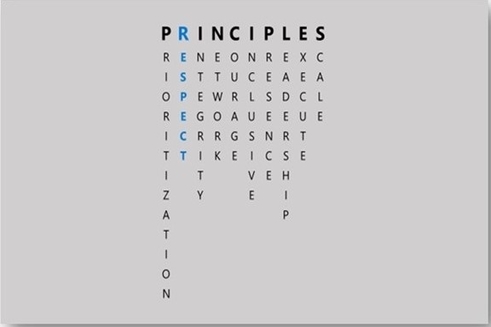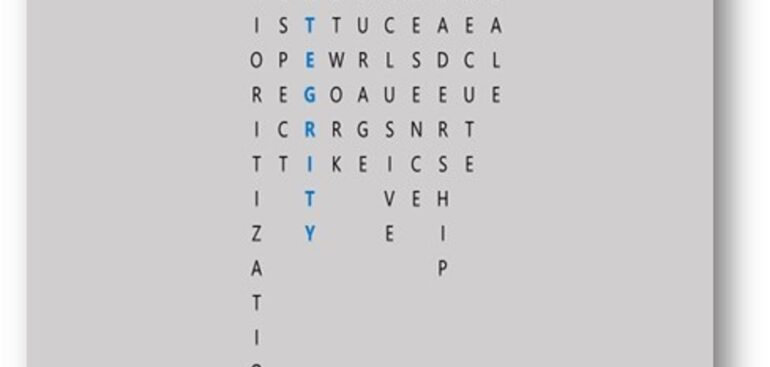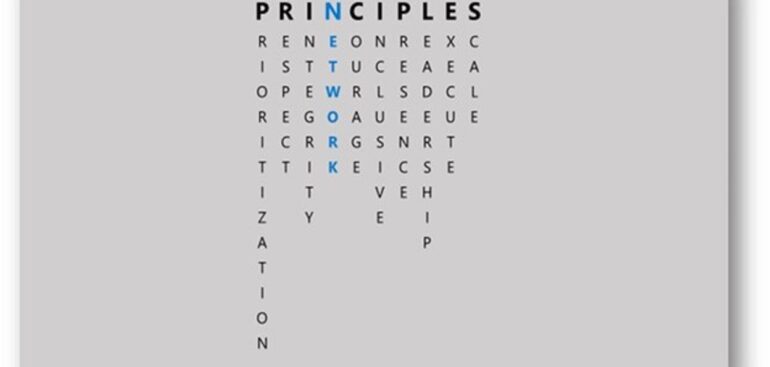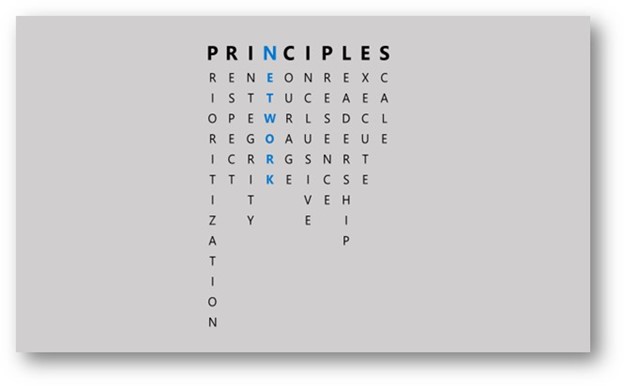Respect yourself. If you don’t, how can anyone else?
Aside from love, respect may be the thing people want most from others. Respect is directly tied to our self-confidence and, in many ways, how we see ourselves in the world. When people respect our judgement, our beliefs and our abilities, our self-esteem gets a boost. We feel more confident and proud of who we are and what our purpose is. That’s important. But in some ways, I have found in my life the order is reversed. If we want the respect of others, we first have to love and respect ourselves.

Earning self-respect can be just as difficult as earning the respect of others. First, you need to love who you are. We beat ourselves up a lot. But we need to tune-out the negative voice in our head. Instead of focusing on our flaws (which we all have), zone-in on the positives—our unique abilities and experiences that make us special. I encourage you to explore your own special abilities by writing a list of 5 things you do well. I guarantee there will be things on your list that others around you don’t do as well.
Another important factor in building self-respect is believing in our ability to succeed. We all stumble and make mistakes. In fact, that’s part of the journey of success. What really matters is how you respond to the mistake. When we fail fast and rebound, we grow`.
FAIL: First Attempt In Learning
When we love and respect ourselves, people are more likely to respect us. But we still have to earn the respect of others. How? Through honesty, integrity, and mutual respect. Do what you say you’re going to do. Be accountable and hold others accountable. Respect is a two-way street. Recognize other people’s beliefs and abilities and they will hopefully do the same.

















